Acute Mountain Sickness (AMS), also known as altitude sickness, is a condition that affects travelers, hikers, and climbers who ascend to high altitudes too quickly. It occurs when the body struggles to adapt to the reduced oxygen levels and lower air pressure found at elevations above 2,500 meters (8,200 feet).
Experiencing AMS
Travelers and hikers often face AMS when they embark on adventures in mountainous regions like the Himalayas, the Andes, or the Rockies. The severity of AMS can vary from mild discomfort to life-threatening conditions, depending on the altitude, rate of ascent, and individual susceptibility. While many people can adapt to higher altitudes over time, a rapid ascent can overwhelm the body’s ability to acclimate, leading to AMS.
The Extent of Damage
If left untreated, AMS can progress to more severe forms, such as High Altitude Pulmonary Edema (HAPE) and High Altitude Cerebral Edema (HACE). HAPE involves fluid accumulation in the lungs, which can cause severe respiratory distress, while HACE is the swelling of the brain, leading to neurological symptoms. Both conditions are medical emergencies that require immediate descent and medical intervention. In extreme cases, AMS can be fatal.
Recognizing the Symptoms of AMS
The symptoms of AMS typically appear within a few hours to a day after reaching high altitudes. They can include:
- Headache: A persistent, often throbbing headache that is not relieved by over-the-counter painkillers.
- Nausea and Vomiting: Feelings of nausea, sometimes accompanied by vomiting.
- Fatigue: Unusual tiredness and weakness that make physical activity difficult.
- Dizziness: Lightheadedness or vertigo that can impair balance and coordination.
- Sleep Disturbances: Difficulty sleeping, often due to shortness of breath or frequent waking.
- Loss of Appetite: A decreased desire to eat, which can lead to further weakness.

Preventing AMS
Prevention is key when it comes to AMS. Here are some effective strategies to minimize the risk:
- Gradual Ascent: Ascend slowly to allow your body time to acclimate. A good rule of thumb is not to increase your sleeping elevation by more than 300-500 meters (1,000-1,600 feet) per day once above 3,000 meters (9,800 feet).
- Acclimatization Days: Incorporate rest days into your itinerary. Spend a few days at intermediate altitudes before ascending higher.
- Hydration: Drink plenty of fluids to stay hydrated, as dehydration can exacerbate AMS symptoms.
- Avoid Alcohol and Caffeine: Both can contribute to dehydration and interfere with sleep.
- Medications: Some travelers use medications like acetazolamide (Diamox) to speed up acclimatization. Consult with a healthcare provider before using any medication.
Curing AMS
If you start to experience symptoms of AMS, it is crucial to take immediate action:
- Descend: The most effective treatment is to descend to a lower altitude as quickly and safely as possible. Even a descent of 500-1,000 meters (1,600-3,300 feet) can significantly improve symptoms.
- Rest: Avoid physical exertion and rest until symptoms improve.
- Oxygen: Supplemental oxygen can help alleviate symptoms in moderate to severe cases.
- Medication: Over-the-counter pain relievers can help manage headaches. In severe cases, a healthcare provider may prescribe medication to reduce swelling in the brain or lungs.

